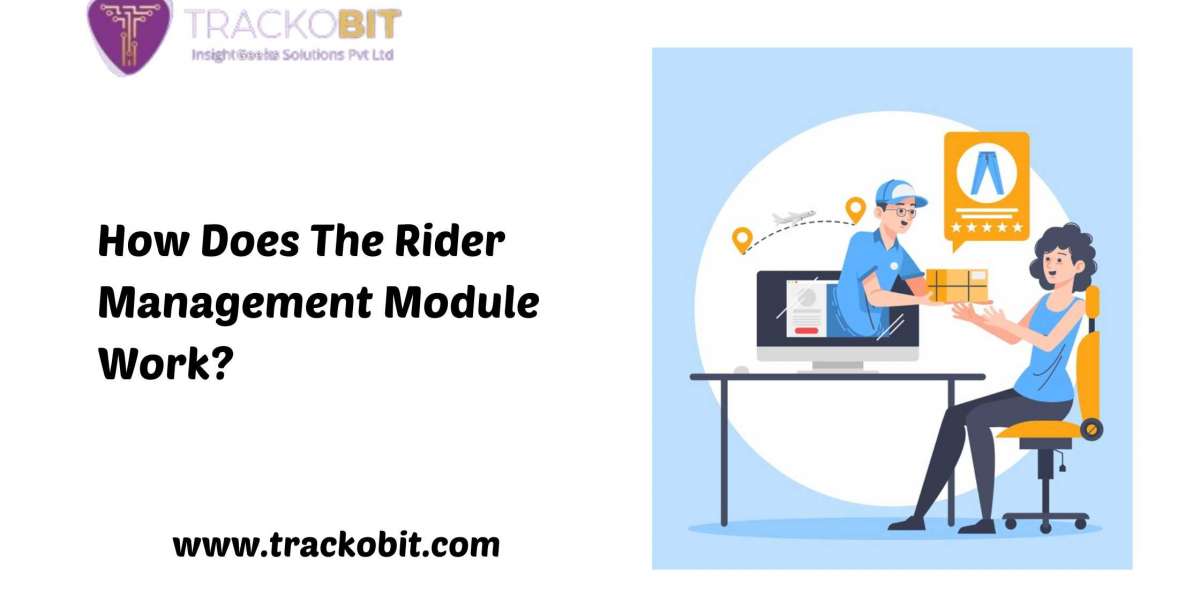Running a successful business means getting deliveries to customers on time. After all, as a business leader, you must know that late deliveries can lead to multiple problems. This includes unhappy customers and lost sales. Research highlights that more than 40% of customers stop buying from the company. This is where a rider management system comes in. It assists businesses manage their delivery riders more efficiently. To know how rider management software works, keep reading this page.
What Is a Rider Management System?
A delivery rider management system basically helps businesses manage their delivery work. So, it automates tasks like giving orders to riders, tracking deliveries, and finding the best routes.
Companies that use delivery riders such as in online shopping, food delivery, and courier services depend on this system. They do so to make their delivery process better.
For example, imagine you have a food delivery service. Without a last-mile rider management system, you might give the wrong rider a faraway delivery or cause delays. But everything turns easy when you know how to use the best rider tracking app for delivery.
How Does a Rider Management System Work?
Rider management software works by offering many smart features. All in all, these features ensure efficient delivery.
Let’s understand how it works below.
- Order/Task Assigning
Once a customer places an order, the system automatically assigns the task to the nearest available rider. This ensures that orders are delivered quickly. Without such a system, assigning tasks manually can take time and lead to errors. For instance, if Rider A is closer to the delivery point than Rider B, the system assigns the task to Rider A.
- Automated Roster Management
Managing rider schedules manually can be challenging. It happens especially during busy times. With the rider management system, the roster (work schedule) is automatically generated. This means the system creates balanced shifts for riders. Ultimately, it ensures no one is overloaded with work.
For example, during peak hours, the system will assign more riders to handle the extra orders. This will avoid delays or missed deliveries.
- Live Rider Tracking
One of the most important features of a last-mile rider management system is the ability to track riders in real time. You can see where each rider is at any given time. This helps monitor the delivery process more closely.
For example, if a rider gets stuck in traffic, you will be alerted. This way, you can reassign the delivery to another rider nearby. Overall, this feature is crucial in preventing delivery delays.
- Real-time Performance Tracking
Tracking rider performance is necessary for improving delivery efficiency. A rider management system provides data on many such metrics. It tells how fast riders are delivering and how many orders they complete. This information helps managers identify riders who need additional support or training.
For instance, if one rider consistently takes longer to deliver orders, you can address the issue early.
- Route Optimization
Riders often waste time because they don't know the best routes to take. The best rider-tracking app for delivery includes route optimization features. This means the system automatically suggests the best routes for riders.
For example, if a rider has to deliver multiple packages, the system will calculate the best route that saves time and fuel.
- Quick Chats and Instant Communication
Lastly, issues can arise during deliveries. It could be because of an incorrect address or any other reason. However, for such scenarios, the rider management system offers a quick chat feature. This allows riders and managers to communicate instantly. And so, this helps resolve problems quickly without wasting time.
For example, if a rider can't find a customer's address, they can message the manager for help.
Benefits of Using a Rider Management System
Now that we understand how the rider management system works, let's look at the benefits it offers:
- Improved Delivery Speed
The system assigns tasks faster. This ensures that your customers receive their orders on time.
- Cost Savings
By optimizing delivery routes and improving rider efficiency, businesses can save money on fuel and labor costs.
- Better Customer Experience
Customers want to know when their order will arrive. With live tracking and real-time updates, customers can see the status of their orders and estimated delivery time. This keeps them informed and happy.
- Reduced Human Errors
Manual task assignment and delivery management can lead to mistakes. A delivery rider management system automates these tasks. This makes your delivery process more reliable.
- Performance Insights
The rider management system collects data on rider performance. This gives you valuable insights into how well your delivery operations are running.
Final Thoughts
Overall, using a rider management system is all about making the deliveries faster. The ultimate goal for companies here remains to enjoy success. Once you begin using robust software like last-mile delivery software for the same, things turn out pretty well.
With features like order assigning and route optimization, deliveries are handled smoothly. You can enjoy all these features along with many others in our TrackoMile. To know more about it, visit the official website. After all, it not only streamlines your delivery operations but also helps you keep your customers satisfied. Hope this article helps.







